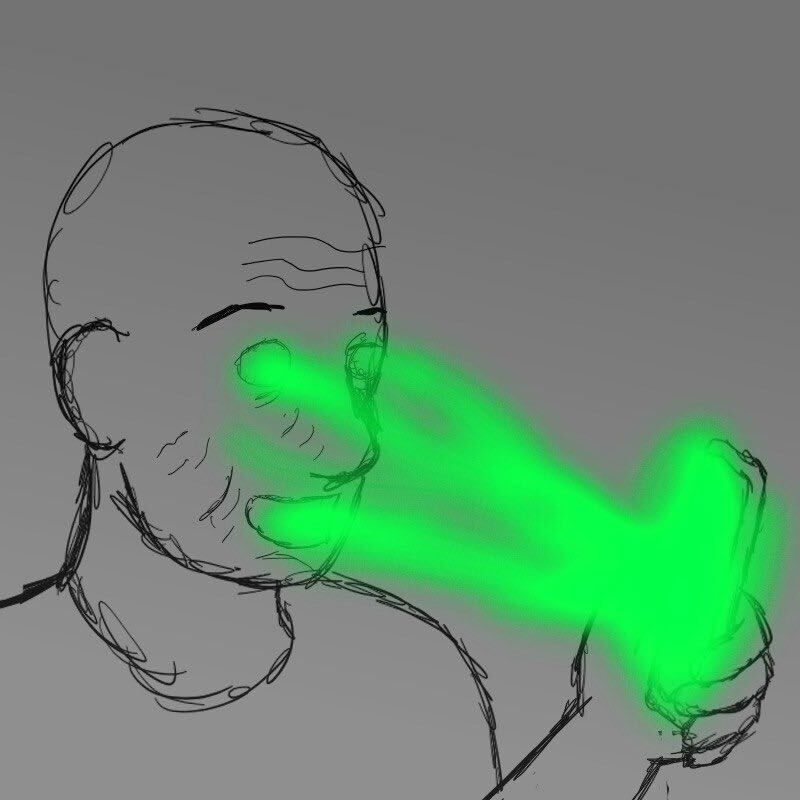Opinion | We are losing ourselves to the internet
March 23, 2023
Just the other day, I was sitting in the William Pitt Union people-watching. There was a group of girls sitting across the room taking selfies and discussing Facetune, debating whether or not they should use it on their dating app profiles.
Listening to these girls talk prompted a question in my mind — is the person we present ourselves as on the internet who we really are, or is it who we want to be? Are they the same? Physically altering your face via Facetune is certainly not “who you truly are,” but what about our internet personas? The part of ourselves that is made up of ones and zeros, collected and analyzed by companies over and over — is that who we are? This internal dialogue led me to a dark reality.
For a long time, we were separate entities from the personas we created online. But, as our lives become more ingrained with the internet and as algorithms advance, our true selves and our internet selves are slowly becoming one and the same.
Scholars like to discuss the phenomenon of a “dual persona.” This is essentially the idea that an individual is split into two — the person out in the real world, and the person created explicitly for the internet. This internet persona is strategically created by the individual and then utilized by companies through algorithms. These algorithms supply companies with a wealth of information which can recognize patterns that companies can then use to better understand their clientele, even if these patterns are not explicitly shared. This information is valuable, and so it is sold. Every website you click on and product you view is analyzed and sold countless times a day. Your internet persona is merely a product to those that buy and sell data collected by algorithms.
The information algorithms choose which products are promoted to us. They shape what an individual sees and ultimately shape who they are as a person. The line between the true self and the internet self is becoming much thinner as data algorithms spew information back at us tenfold. These companies and their algorithms shape what we see, ultimately combining our internet selves with our true selves the more time we spend on the internet.
If an item is directly advertised to you, you are much more likely to purchase it. However, not all personal ads are truly personal. That’s why advertisers show the same advertisement to many people even though they claim it’s “curated specifically for you.” Companies that buy the information may know what you want, but at the end of the day, they are still advertising what they want you to buy.
It is seldom recommended specifically to you, but these “personal advertisements” begin to change the way you think regardless. Because algorithms begin to shift your perception of yourself outside of the internet, your internet persona and the true persona begin to combine as one.
The way that algorithms ultimately shape your thinking also shapes who you are as an individual. Companies make you think “Wow, I must like that” even when that isn’t necessarily true. The internet-persona was always a separate part of the individual — the person who existed solely online. But because companies are shifting our thinking, algorithms have ended up taking our internet personas and combining them with our true selves. They’ve found a way to manipulate our internet selves to infiltrate who we actually are. At the end of the day, it is not who we truly are — it is who we think we are based on what companies tell us.
An article on this phenomenon says “surveillance capitalism is inexorably working to weaken our sacrosanct right to personal autonomy.” Who we are, our interests and our thoughts are our own, but companies have found a way to change them through use of their advanced algorithms and “personal” advertisements. Consequently, our individuality and personality are slipping away and the true-self is dissipating.
Our reliance on technology and algorithms to “show us what we want” is ultimately making us worse off. It is creating a monotonous society that leaves little decision making. As technology advances and as competition in the market increases, this phenomenon will only get worse. We must remind ourselves of who we truly are on the inside and acknowledge that the internet self is not the true self. We must become more conscious of the things we are viewing and what is advertised to us.
Although the internet is a vast source of knowledge that is incredibly beneficial, we must be aware of the world of danger that comes with it. If we cannot recognize the reality of surveillance capitalism and the tricks companies employ to get us to buy their products or think a certain way, we will ultimately lose ourselves to the world of ones and zeros.
Livia LaMarca mostly writes about American political discourse and pop culture. Write to her at [email protected].




